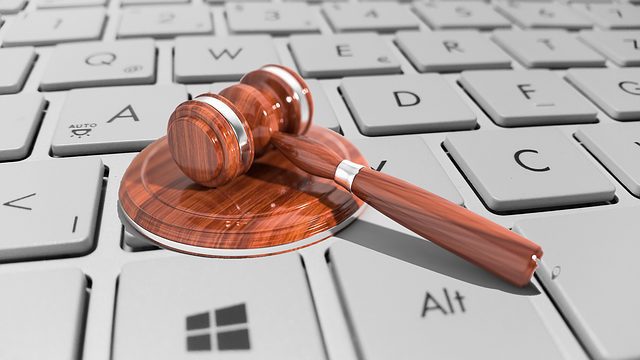Kunal Kamra vs. State of Maharashtra and Ors.
CORUM: Justices GS Patel and Neela Gokhale
Background of the case
The Information Technology (Intermediary Guidelines and Digital Media Ethics code) amendment rules, 2023, which give the Union government the authority to establish a distinct unit for fact-checking content from digital media and to order its removal if found to be “fake, false, or misleading,” was challenged by comedian Kunal Kamra in a petition filed with the Bombay high court on April 6,2023. The petition challenged the provision on the grounds that it violates Section 79 of the Information Technology Act of 2000 and Articles 14, 19(1)(a), and 19(1)(g) of the Constitution.
As a political satirist, Kamra had asserted that he is compelled to remark on the conduct of the Union government and its employees through the extensive internet and social media platforms in order to spread his work. His capacity to parody politics would be unjustly and excessively restricted if his content were put through an obviously subjective, hand-picked ‘fact check’ by a unit chosen by the Union administration. Therefore, he argues that satire does not lend itself to such a fact-checking effort by its very character. If political comedy were to be examined by the Union government and banned for being “fake, false, or misleading,” it would completely destroy the point of the genre.
Kamra argues that the ambiguity of “in respect of any business” and “reasonable efforts” will result in a chilling effect wherein intermediaries choose to resort to removing any data flagged by the fact-checking unit of the Union government rather than risk losing safe harbour.
Recent Developments in the Case
During the hearing of the petitions contesting changes to the Information Technology Rules of 2023, the Central government informed the Bombay High Court on Tuesday that humour or satire of any kind directed at any governing body is always acceptable as long as it is not offensive or contains obscenity.
The Ministry of Electronics and Information Technology (MeitY)’s Solicitor General, Tushar Mehta, stated that the laws are simply meant to control false news and do not forbid any expression of opinion or criticism against the government.
“Whether we like it or not, any sarcasm or humour directed towards the political establishment has nothing to do with this rule. Unless the humour crosses lines with inappropriate content like abuse or pornography. In any form, humour satire is always welcome. It can’t be forbidden. The administration is solely concerned about the spread of false information and the anonymity of the media. There is not even the slightest chance that any humour or satire would fall under this law.”
The Rules call for the creation of fact-checking units (FCUs), and the petitioners have particularly disputed Rule 3’s authority for FCUs to identify and tag what they deem to be “false or fake online news” in relation to government actions.
Solicitor General outlined how the fundamental rights of five different stakeholders—the internet user, the middleman, the recipient, the government, and the general public—have been taken into account when drafting the Rules. Also made clear that nothing is made illegal or contains any penal provisions in the Rules of 2023. He clarified that the Rules only govern the content and settle disagreements between the content provider and the harmed party.
According to him, the intermediary has three alternatives when FCU flags content: remove it; don’t remove it but add a statement that it has been flagged; or dismiss communication from FCU. The court questioned the need for the change if the government was not going to oblige intermediaries to abide by the FCU’s instructions.
There is a wider public interest on the one hand, and a statute with confusing language on the other. Will it ever allow us to include qualifiers that don’t actually exist? How may “shall” (stated in rule 3) be given a different colour to preserve the safe harbour clause) and how can we read information as fact? Is it legal to interpret clauses in this way? The court posed the query after the session was over. If a person is offended by the message, they might take the middleman to court, which would ultimately determine whether or not the content was true. the change was necessary because it would prevent intermediaries from using the “safe harbour” defence provided by Section 79 of the Information Technology Act to avoid liability.
The recent clarification given by the Central Government to the Bombay High Court is significant reassurance. However, there is still cause for concern due to the rules vagueness, especially in regards to the operation of fact-checking units and the potential chilling impact on intermediaries. Our legal system must strike a fair and just balance as this case progresses, protecting both the freedom to criticise the government and the need to combat the dissemination of false information. This case illustrates the importance of ensuring the appropriate and accountable application of democratic values and the free expression they entail, even in the digital era.
“PRIME LEGAL is a full-service law firm that has won a National Award and has more than 20 years of experience in an array of sectors and practice areas. Prime legal fall into a category of best law firm, best lawyer, best family lawyer, best divorce lawyer, best divorce law firm, best criminal lawyer, best criminal law firm, best consumer lawyer, best civil lawyer.”
Written by: Shivanshi Singh


